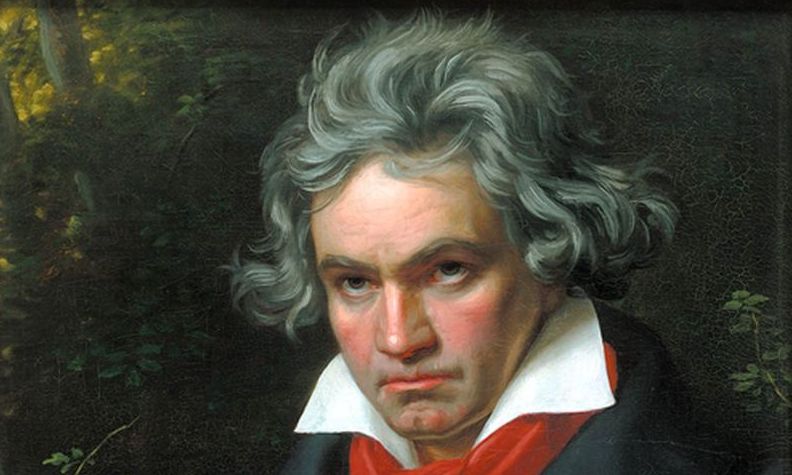It is customary for aspiring progressives and radicals to ‘problematise’ works associated with Western ‘high culture’. You see this with campaigns to ‘decolonise the curriculum’ in universities or assertions that working-class kids won’t ‘get’ Shakespeare because the quaint nature of these works are exclusionary, unrelatable to their ‘lived experience’ as marginalised peoples, and expresses the worldview of white, bourgeois, heterosexual men — their oppressors.
Recently, Vox published a podcast as part of a mini-series by its affiliate music podcast, Switched on Pop, marking the 250th anniversary of the birth of Ludwig Van Beethoven and attempting to meditate on his musical legacy. In the third episode, the hosts looked at his 5th Symphony and its legacy vis-à-vis the relationship between elitism, race and classical music. The synopsis made a big deal over how masterpieces have been used by rich white men as “a symbol of their superiority and importance”, followed by a strange sentence that reads:
Without speaking ‘as a’, but as someone who would be classified as a ‘person of colour’, when I listen to Beethoven I don’t feel excluded. I don’t feel like I am being condescended to. I, like many listeners of many different backgrounds, marvel at this numinous piece of music as one of the best ever composed by a human being. In fact, I feel condescended to when issues like this are inappropriately racialised.
Now, there is something to be said about the relationship between the classics, class and elitism. It is true that there has been a rule-bound uptight elitist culture that has surrounded classical music. It is also true that elitists will appropriate great arts to justify their prejudices. That is because traditional elites have always seen themselves as the gatekeepers of culture and civilisation. They want to keep the best works humanity has created for themselves.
But one of the great things about modern society is how technology, the global market and the internet has made the great pieces of culture like Beethoven accessible on a scale never before seen, bypassing traditional elite networks. The point is that it’s not the music itself that is exclusionary, but cultural institutions and venues which should be reformed to be made less so.
Instead of crassly politicising culture in the service of a tendentious agenda, we should view the great works of Beethoven as part of the common cultural treasure of the human race that we should pass on to future generations for cultivating their own enlightenment.











Join the discussion
Join like minded readers that support our journalism by becoming a paid subscriber
To join the discussion in the comments, become a paid subscriber.
Join like minded readers that support our journalism, read unlimited articles and enjoy other subscriber-only benefits.
Subscribe